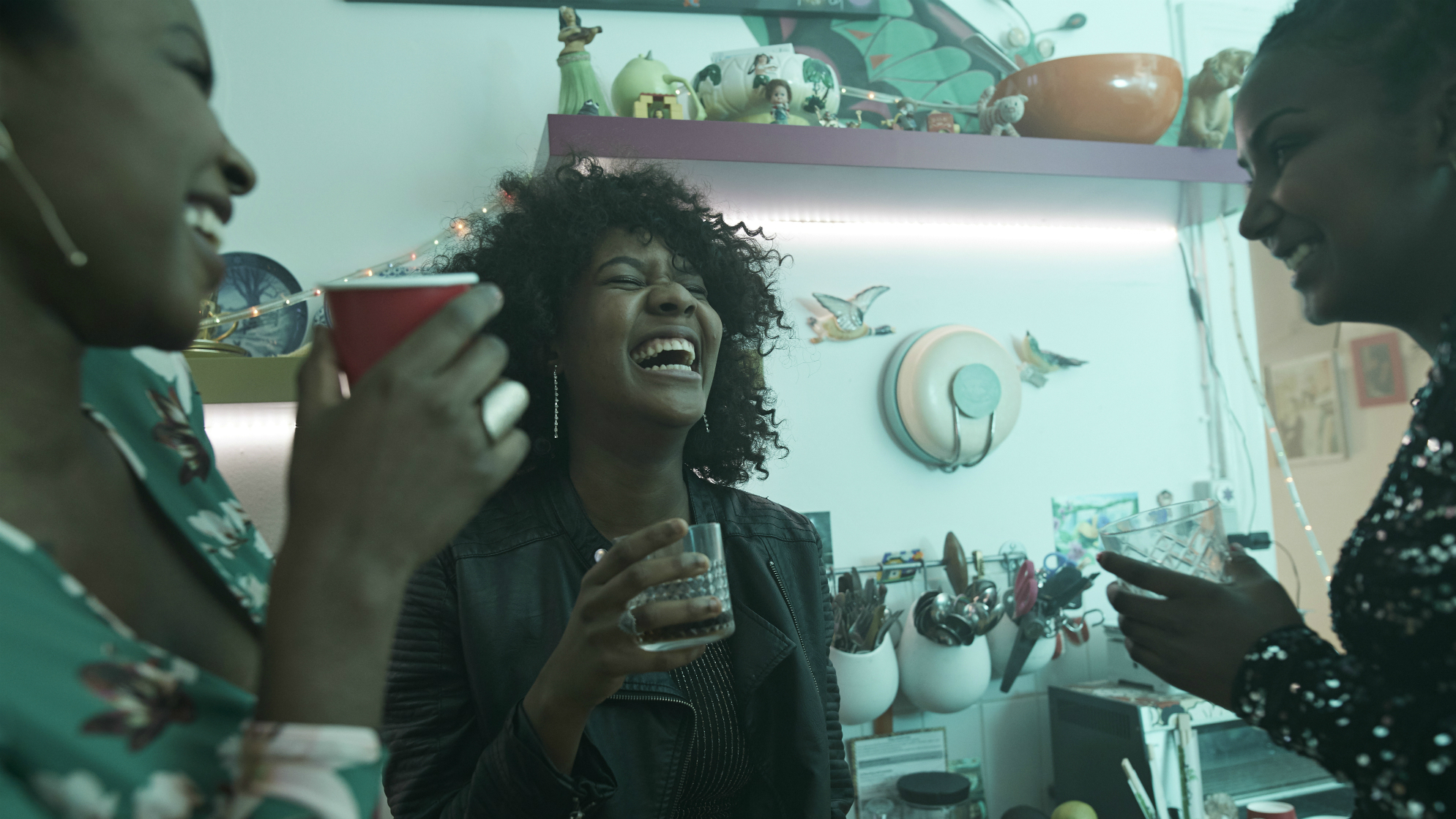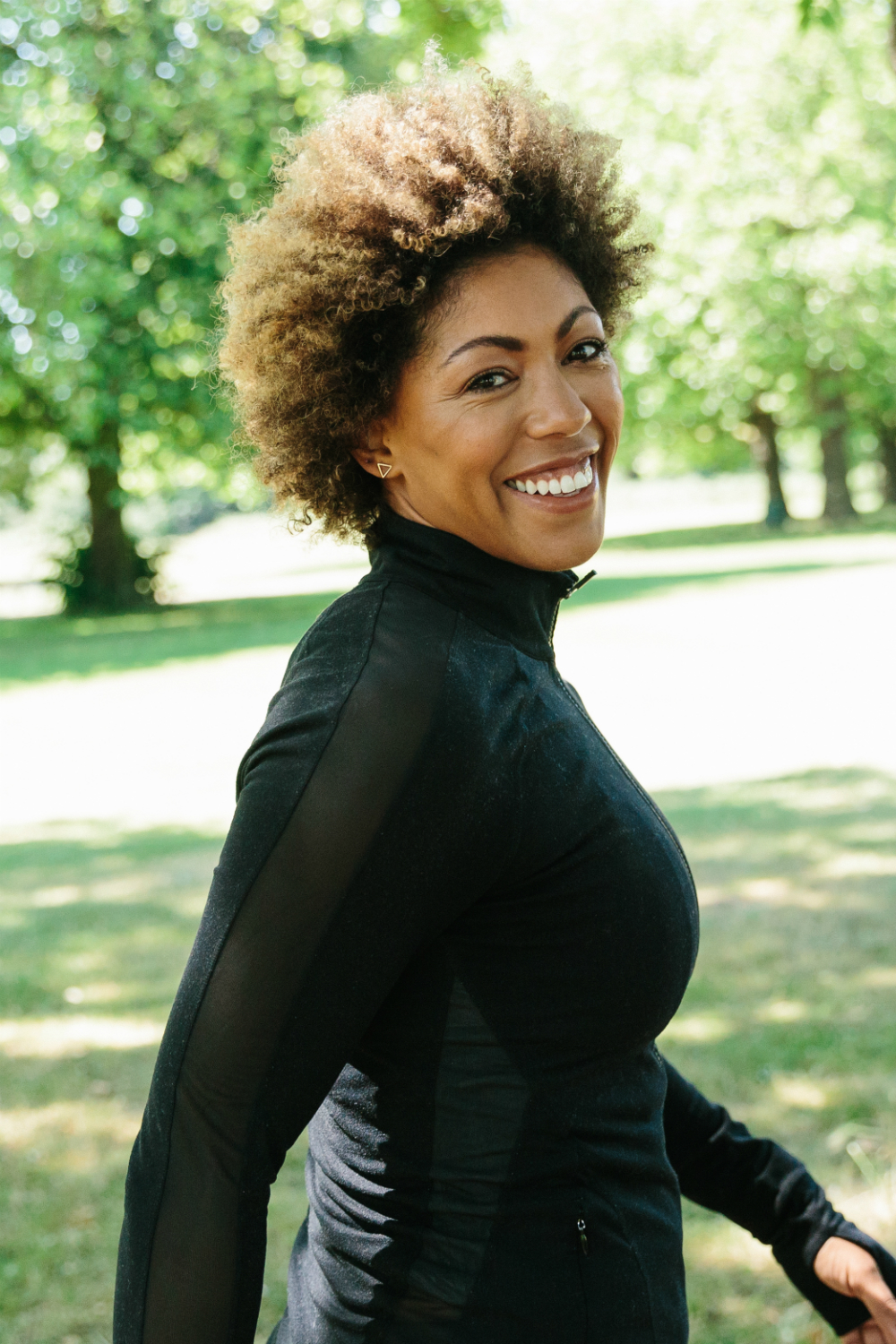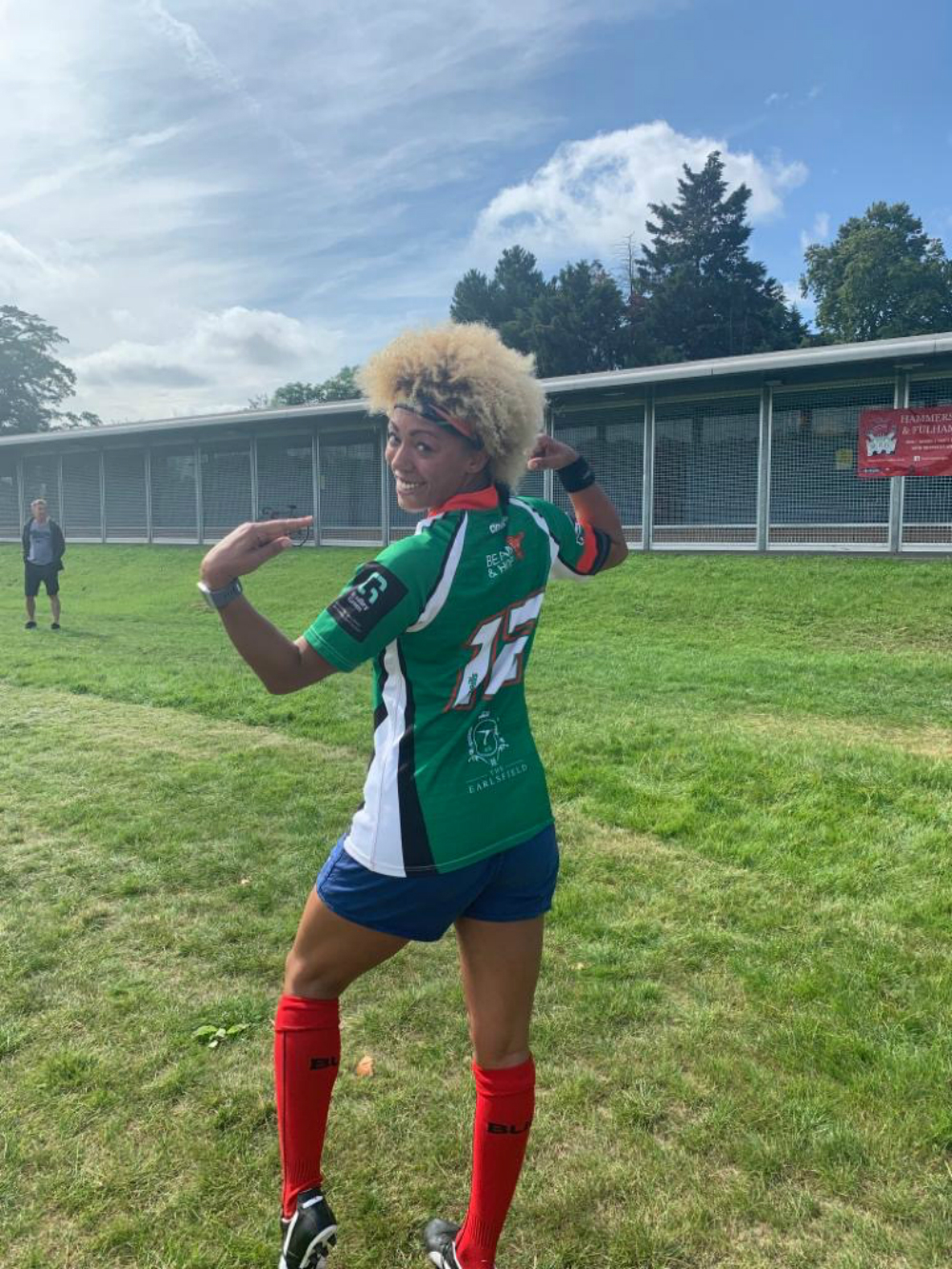'Is our failure to stick out Dry January hiding a bigger problem?'
Not drinking for 31 days is a challenge many of us try hard to succeed at, but a recent YouGov survey revealed almost a third gave up just days into 2020. Dr Zoe Williams charts her own drinking behaviour and asks if this challenge is actually unmasking a booze bombshell

Not drinking for 31 days is a challenge many of us try hard to succeed at, but a recent YouGov survey revealed almost a third gave up just days into 2020. Dr Zoe Williams charts her own drinking behaviour and asks if this challenge is actually unmasking a booze bombshell
Did you set yourself the challenge of Dry January this year? Are you still hanging in there? Well done if you are! But if you fell at the first hurdle, you are not alone.
A recent YouGov survey asked people how well they were sticking to to their New Year’s Resolutions. When it came to Dry January, only a week into the month and 29% confessed they had succumbed to the urge to drink, and in fact, a whopping 16% were already back on the booze by January 3rd.
What does these findings mean? Is it simply that January is a ridiculous time of year to deprive ourselves of anything? I mean, it's a tough month thanks to the post-festive comedown, dark mornings, cold weather and a six-month wait until any guaranteed sunshine. Or are these stats a sign of something far more serious and an indication that many more people than we realise are living with alcohol dependence?
When we say the word ‘alcoholism’ we tend to conjure up images of brown paper bags, of a person who ‘needs’ to drink every day, their health, at the expense of their job and relationships with loved ones. The truth is alcohol dependence is much more mainstream than that. You don’t have to be drinking to extreme levels to become dependent on alcohol. Not being able to get through a weekend without a few drinks could be a significant enough warning sign.

THE FACTS
- British women are among the world's biggest drinkers - matching men drink-for-drink.
- On average, women in the UK are now consuming three alcoholic drinks daily - exactly the same as men.
- The NHS estimates that just under one in 10 men and one in 20 women show signs of alcohol dependence.
- One study found women with a university degree are twice as likely to be problem drinkers, compared with those who left education earlier.
- Drinking alcohol causes 11,900 cases of cancer a year in the UK.
- Breast cancer is the most common cancer in the UK and 8% of cases each year are caused by drinking alcohol. The risk increases even at low levels of drinking.
- Cutting back has lots of benefits other than reducing your cancer risk – including reducing the risk of accidents, high blood pressure and liver disease.
Personally, I have not jumped on the Dry January bandwagon this year. But I did give it a go last August and it was somewhat of a revelation. With the encouragement of my therapist (therapy is new to me, and is great by the way) I decided to take a long hard look at ‘why I drink’ and the effect that alcohol was having on me, and my mental health in particular.
Celebrity news, beauty, fashion advice, and fascinating features, delivered straight to your inbox!
This came about whilst exploring the patterns of my chronic anxiety. My therapist asked about my relationship with alcohol and, after initially scoffing at the word ‘relationship’, the thoughts and feelings that popped up in an attempt to respond to this seemingly simple question were a smorgasbord of joy, fear, fun, anxiety, excitement, anger and the worse one of all… shame.
As a rugby-playing medical student, it goes without saying booze was a pretty big part of my life at uni. It has been a key player in many of the best times of my life too but I’ve also witnessed, very close-up, the devastation that alcoholism can bring. So I guess it’s no surprise that this ‘relationship’ might be complex. An important part of the process was to pay attention to what thoughts and feelings came up around alcohol, so I kept a diary.

EXCERPTS FROM MY ALCOHOL-FREE DIARY
Day 1
1:30pm: Pledge made. No alcohol for two weeks.
4pm: Remember that we are coming up to a bank holiday weekend and feel a slight panic. Then I remind myself that this challenge is not a punishment, it’s about self-love and respect.
6pm - Tell my friend Verity that I’m not drinking for two weeks. She says “Ah, that’s good”, like it’s not a big deal. I realise that this is maybe is a bigger deal to me than most.
11pm: Start questioning 'Am I an alcoholic?' (I’m not)
Day 2
4pm: Personal trainer session. During the post-workout endorphin rush three thoughts pop up: 'I think I like the new non-drinking me.' 'I don’t think I know how to have fun without alcohol.' And finally, 'Well, here’s an opportunity to learn that new skill.'
Day 5
12noon: Have a chat with friend Jenny about the not-drinking thing. Explain to her that I think I like myself better after a couple of drinks, but less after too many. She’s asks why better after a couple. I answer, 'Funnier, more fun, more banter. Also less distracted, more present in the moment. AND LESS ANXIOUS.'
6:30pm – We order the bill from lunch, my homemade lemonade and the 4 bottles of wine that the three of them got through - I’m very smug at my bill being a quarter the price of theirs. They’re all a little tipsy and I feel a little tipsy too, despite not drinking. Perhaps it’s not just the effects of alcohol that allow that fun side to come out, but the environment and how those are around you?
Day 6
Travel to the Cotswolds to see an old group of friends - our first time together in years. We were super close in London during our early thirties and we drank A LOT. Three have had babies recently so are well practised at abstinence and tell me to have a non-alcoholic beer. I question whether this is cheating, then remember the challenge is alcohol. So have a non-alcoholic beer which is quite nice. Then switch back to water. My friends are extremely proud of me. I realise that this is a big deal to these people too.
Day 8
Scrolling through Instagram and feel the ‘urge’ to have a drink. Take a moment to sit with that thought and figure out why. Force myself to go back to Instagram and realise I feel sad and the urge to drink intensifies. I shed a couple of tears (unusual for me). Unfollow the person and the urge has gone. Wow. I just eliminated that specific trigger to drink.
A summary then; I've learned alcohol has a more significant presence in my life, and is actually a bigger deal to me than it is to many people. I have both healthy and unhealthy triggers for drinking, and I now know how to differentiate between the two by taking a moment to acknowledge the feelings that accompany a desire to drink. I've realised my anxiety levels on any given day are acutely linked to alcohol consumption on the preceding couple of days. And I learned alcohol is not always required for me to feel ‘tipsy’.
So back to Dry January. Is failing to stop drinking for 31 days a cause for concern? The answer is maybe. But the fact you even attempted it is a positive. Most people who even have the mildest of alcohol dependence would just think Dry January is not a good idea in the first place. If reading this has increased your concern, or even made you wonder if you have a problem, my advice is - give it a go for two weeks, keep a diary. What you discover about yourself might surprise you. And if you really, genuinely can’t do it then it’s time to ask for help.
There’s a fine line between ‘probably drinking more than I should, but I could stop in an instant if I wanted to’ and alcohol dependence? I’m confident I'm on the correct side of that line, but I’m also aware that I’m not a million miles away from it. Knowledge is power and better understanding of my ‘relationship’ with alcohol has helped me to better understand my relationship with myself and my chronic anxiety. Good luck.
You're not alone, get help and support here
- Your GP is your first port of call for alcohol problems. They will be able to provide confidential advice and refer you for extra support.
- Drinkline, a free, confidential helpline for people who are concerned about their drinking, or someone else's. Call 0300 123 1110
- Alcoholics Anonymous, whose helpline is open 24/7 on 0800 9177 650. If you would prefer, you can also email them at help@aamail.org or live chat via their website at www.alcoholics-anonymous.org.uk.
- You can join a SMART Recovery meeting online here.
- Al-Anon which offers support and understanding to the families and friends of dependent drinkers. You can call their confidential helpline on 020 7403 0888 (open 10am-10pm). There are lots more resources for families and friends here.
- Nacoa support anyone affected by their parent(s) drinking, including adults. Here are some of the questions that children often ask about alcohol and the effects on them and their family. For more information, visit nacoa.org.uk, call 0800 358 3456or email helpline@nacoa.org.uk. You can also find them on Facebook and Twitter.
- If you are looking for urgent support please contact the Samaritans, who are available 24/7 on 116 123 or jo@samaritans.org.